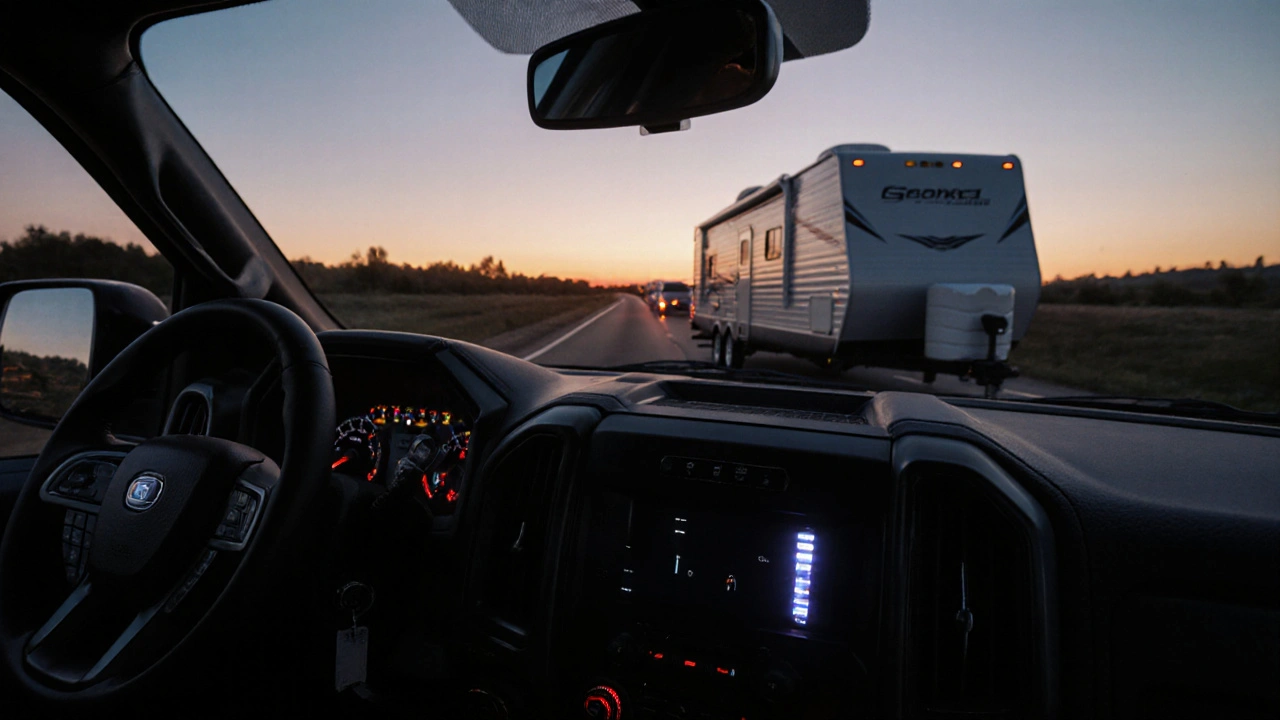When you're towing a trailer, your vehicle doesn't just need to move—it needs to stop. Trailer braking, the system that applies brakes to a trailer in sync with your vehicle. It's not optional. Without it, your trailer can push into your car during braking, cause fishtailing, or even lead to a crash. Many people assume their car’s brakes are enough, but a loaded trailer can add 2,000 to 10,000 pounds of stopping weight. That’s not just extra load—it’s extra momentum that your car’s brakes alone can’t handle safely.
There are two main types of trailer braking systems: electric trailer brakes, controlled by a device in your cab that sends power to the trailer’s brake magnets, and surge brakes, a mechanical system that uses the trailer’s forward motion to activate hydraulic pressure when the tow vehicle slows down. Electric brakes are more common on heavier trailers like campers and utility trailers because they offer precise control. Surge brakes are simpler and don’t need a controller, making them popular on boat trailers, but they can’t adjust for different loads or road conditions.
Getting trailer braking right means more than just having the system installed. You need a properly set up trailer brake controller, a device mounted in your vehicle that adjusts how hard the trailer brakes apply based on your speed and braking force. If it’s too weak, your trailer drags and wears out your car’s brakes. If it’s too strong, the trailer locks up and skids. Most controllers have a gain setting—you tweak it until the trailer stops smoothly without jerking. Test it on a quiet road with a light load first. And don’t forget to check the brake wires, magnets, and drum or disc components every few months. Corrosion, broken wires, or worn pads can turn a safe system into a hazard.
Trailer braking isn’t just about the hardware—it’s about awareness. If your trailer starts to sway or your vehicle pulls to one side while braking, it’s not just a bad road. It’s a sign your brakes are out of balance or your load isn’t distributed right. Always check your tire pressure, hitch height, and weight distribution before you tow. A well-balanced trailer reduces stress on the brakes and makes every stop smoother.
You’ll find real-world advice in the posts below—from how to install a brake controller yourself, to what to listen for when your trailer brakes are failing, to which systems work best for different trailer weights. Whether you’re hauling a small utility trailer or a full-size camper, the right braking setup isn’t a luxury. It’s the difference between a safe trip and a dangerous one.
Posted by
Liana Harrow
14 Comments

Learn why brake controllers are essential for safe trailer towing with pickup trucks. Discover how they work, which type to choose, installation tips, and common mistakes to avoid.
read more